Hi…
I recently had someone embroider a sample picture on a satin weave fabric. I sent her silk fiber/satin weave and she sent me back, I think, acetate. (She said she was saving the actual silk for a possible future order from me to her.) ((Ok, fine.))
Now I do not know anything about embroidery…tell me, though, is the
stabalizer suppose to be really stiff for this kind of silky fabric?
Also, there were little wrinkles here and there around the picture.
What would this be from? The kind of fabric? The stabalizer? If I removed the stabalizer off the back, would the front look less wrinkled?

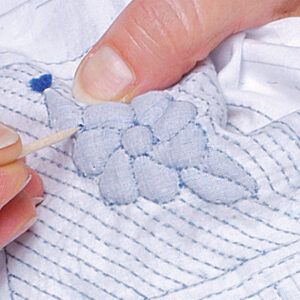
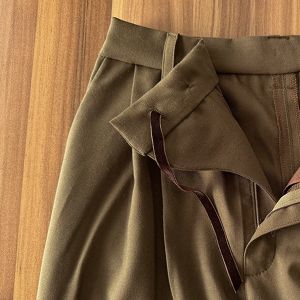

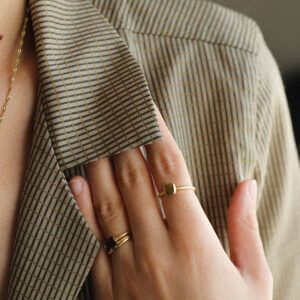
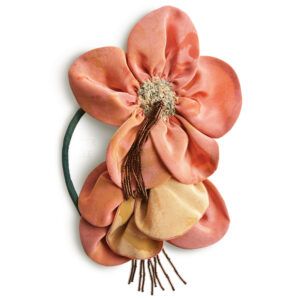
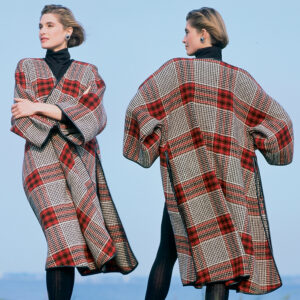
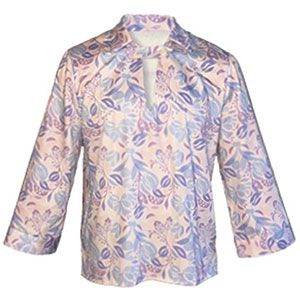
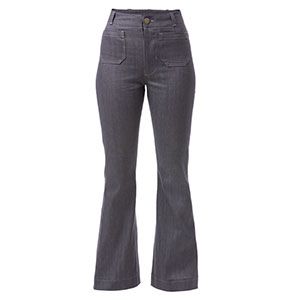
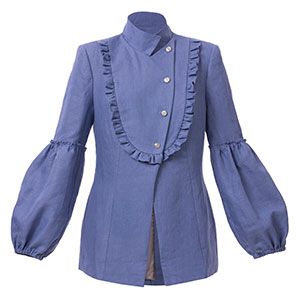
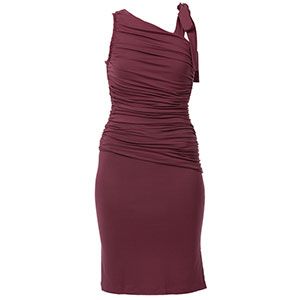
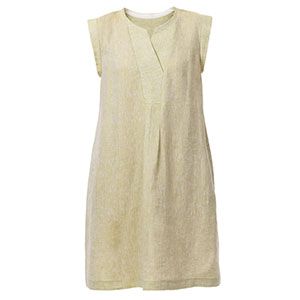
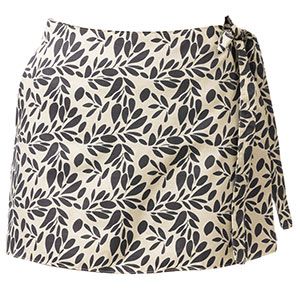
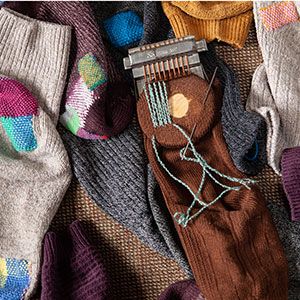
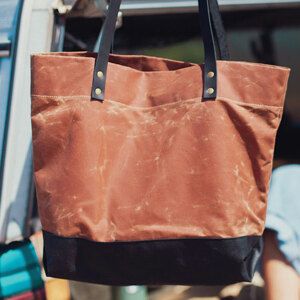
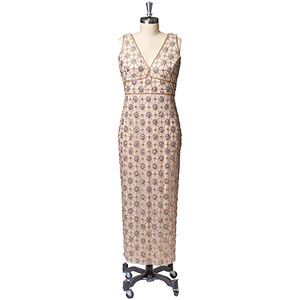
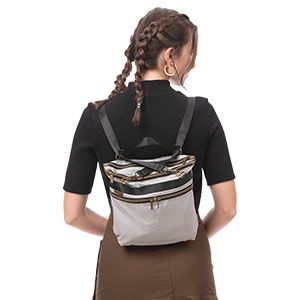










Replies
Dear Lindamaries,
Well, that's difficult to say. Are the wrinkles all around the image? If so, my guess would be that the tension on her machine was not set correctly. The top and bottom threads could be balanced to each other but still too tight for the delicate fabric. Satin weave isn't the most rigid structure is it(which is why we love it)? Unless she is hooping very carefully, she could be shifting the fabric causing wrinkles in areas. Heavy stabilizers have their purpose but definately have that INTERFACING look. Removing the stabilizer might actually make the wrinkles worse and you'll always have it under the design. Good luck.
Janet
Lindamaries,
There are any number of things that could be causing the puckering around the embroidered motif. Improper stabilization is one: you'll want to stabilize pretty well with a slippery fabric, but be aware that you can alter the hand of the fabric with too much stabilizer.
Also, if you stretch the fabric very taut when you hoop it, after you release it from the hoop it can sometimes sort of pop back into position and cause puckering to show up. WHen you hoop, it's important that the hooped area be smooth, but it doesn't have to as tight as a drum (contrary to popular belief!). Just be sure it doesn't have bumps and wrinkles when you slide in the upper hoop (loosen the screw A LOT so that inserting that hoop is really easy), then tighten the screw, without tugging on the fabric.
Last, your embroidery design may be unsuitable for the tightly woven fabric you're using. If the fabric's fibers are closely packed together, jamming in a lot of additional thread, as happens when you embroider a densely-digitized motif, will distort the weave and cause puckering. A design with a light fill (one in which you might even be able to see the fabric slightly through the stitches) will work better, and will have the added benefit of being less stiff.
Carol
This post is archived.